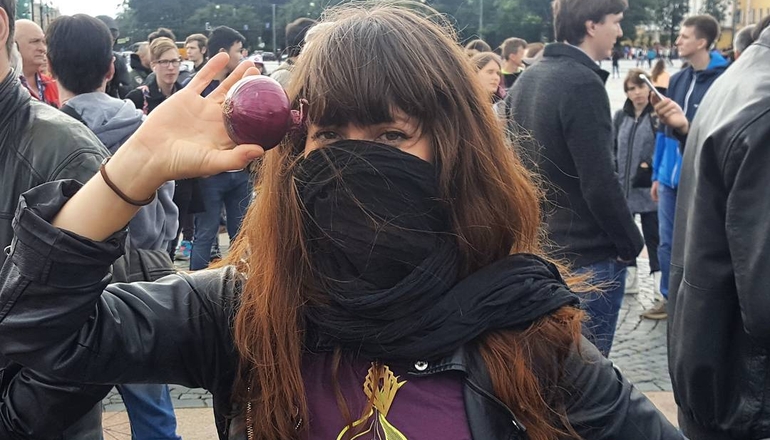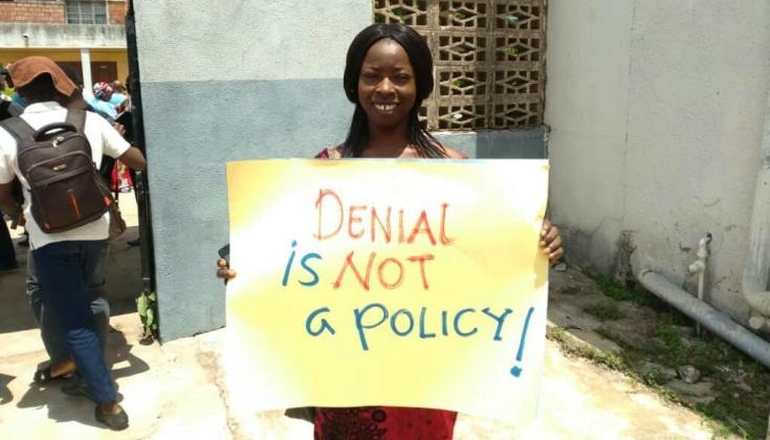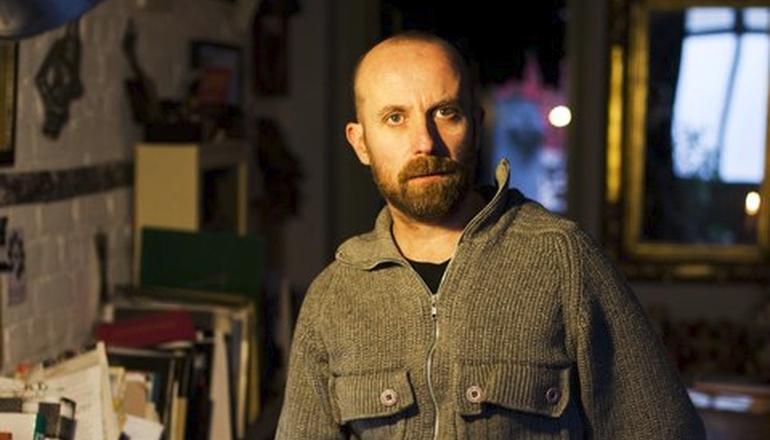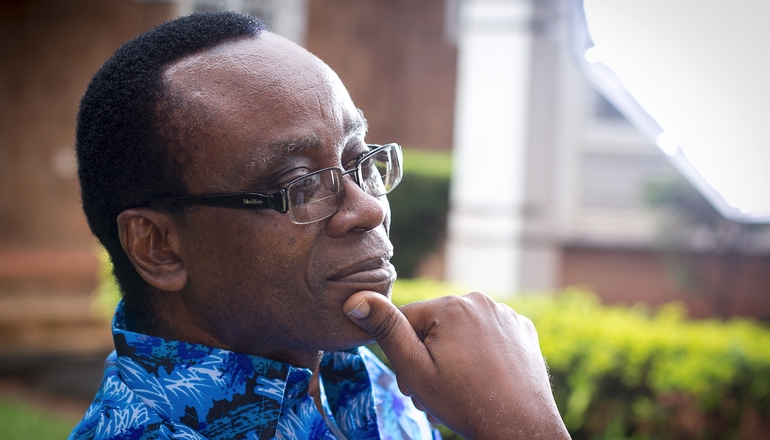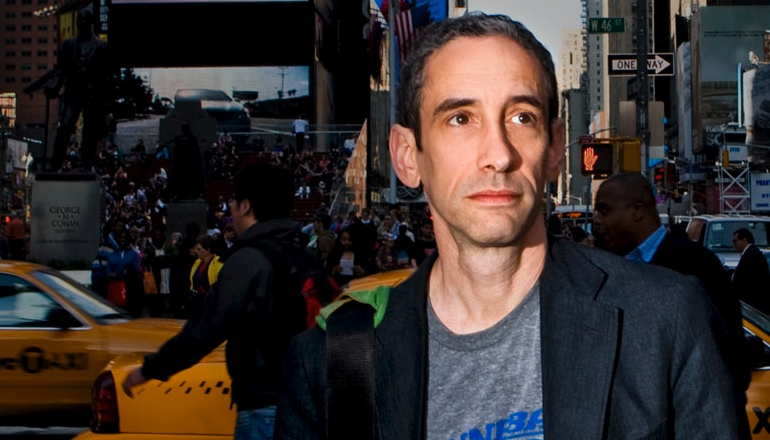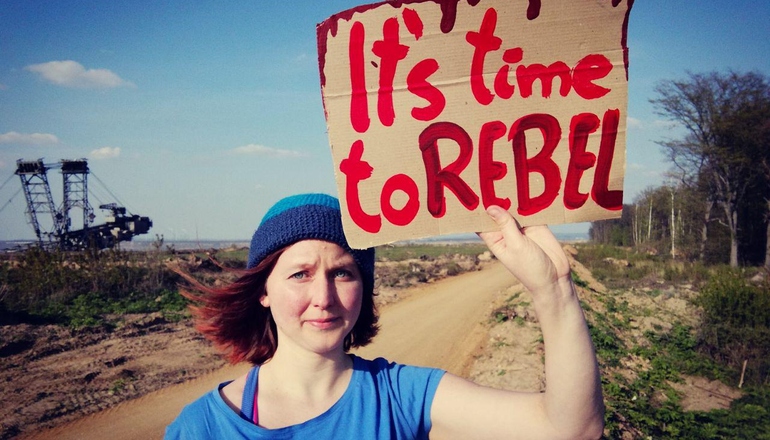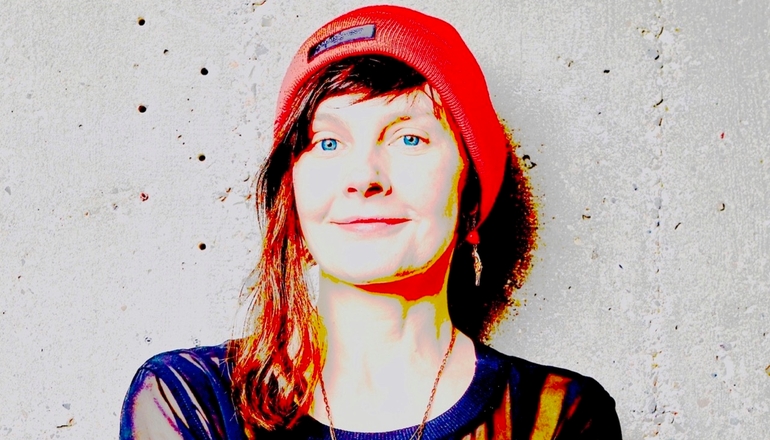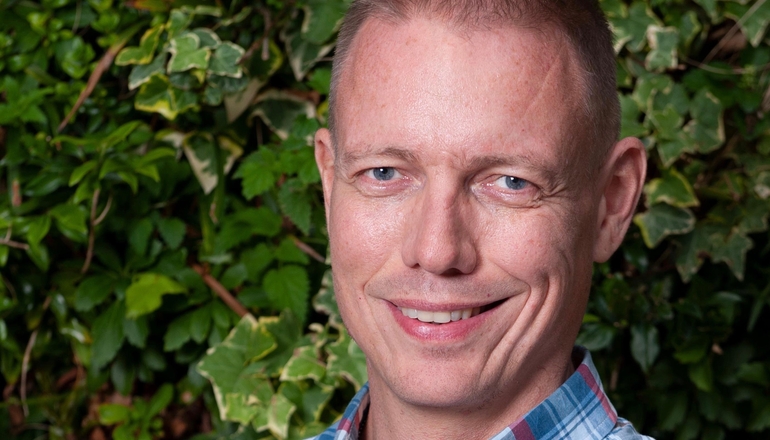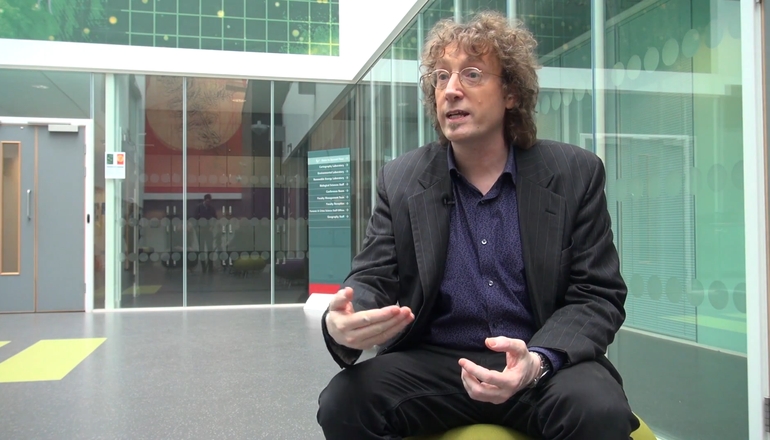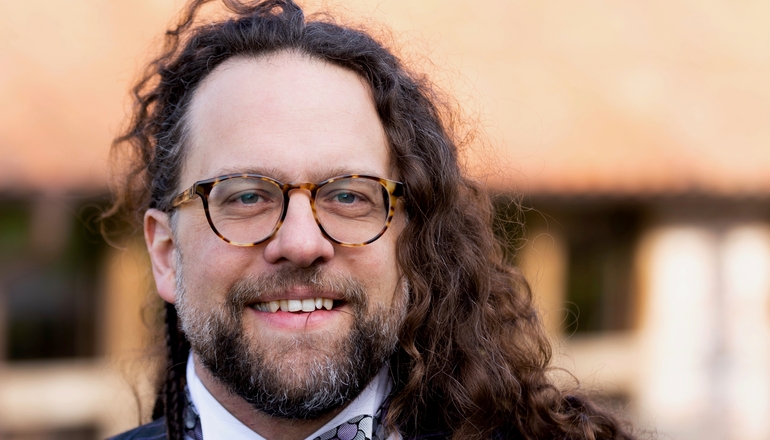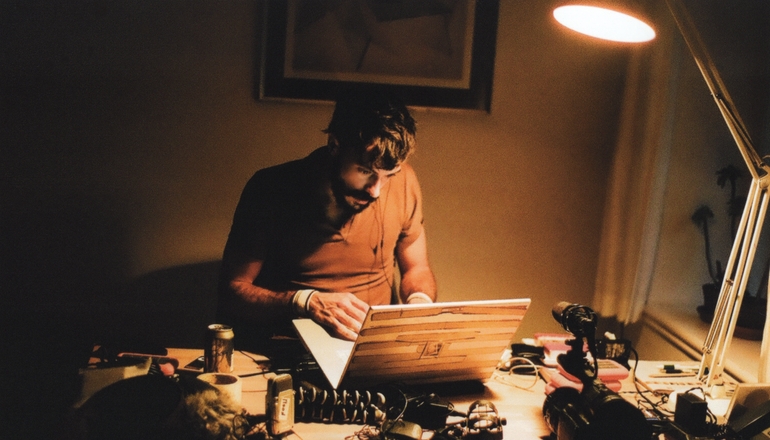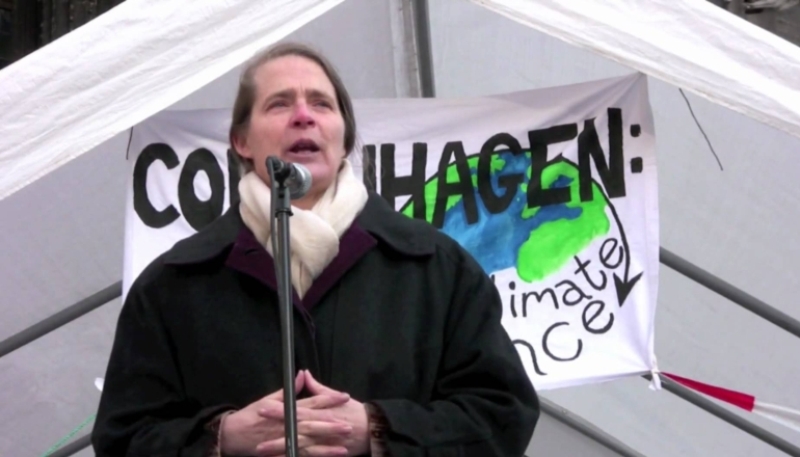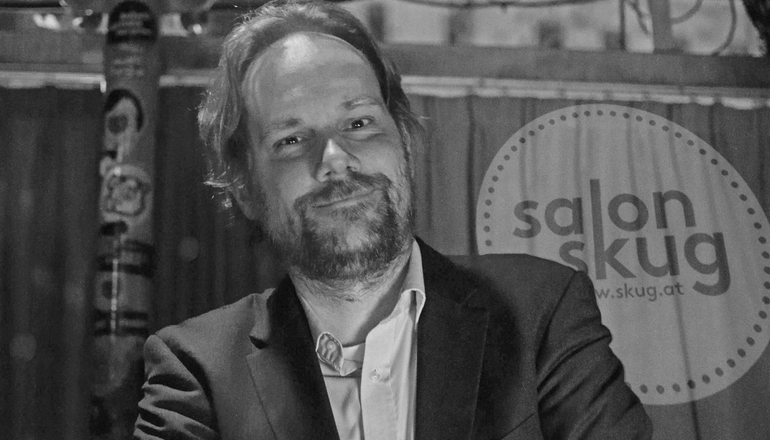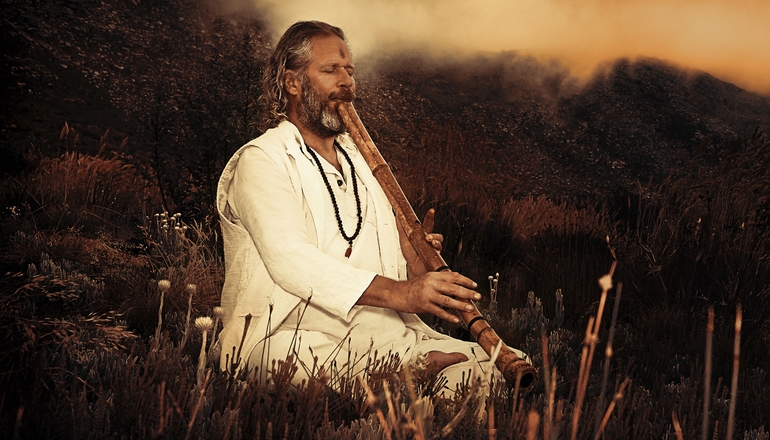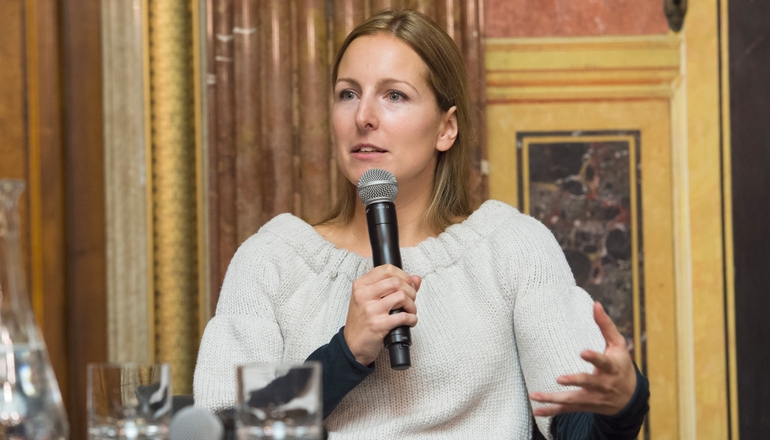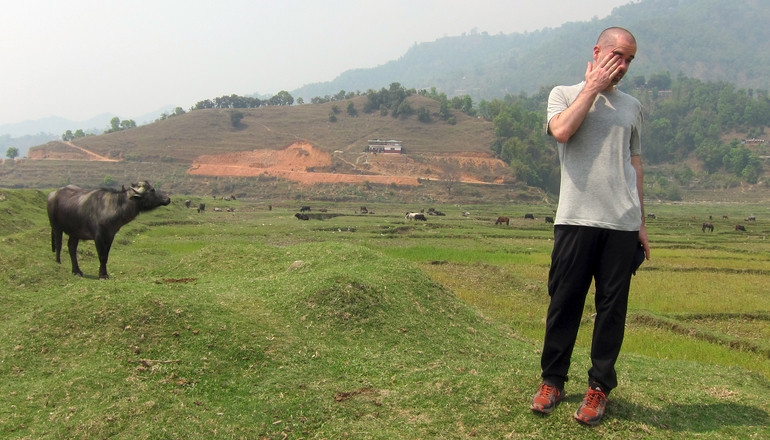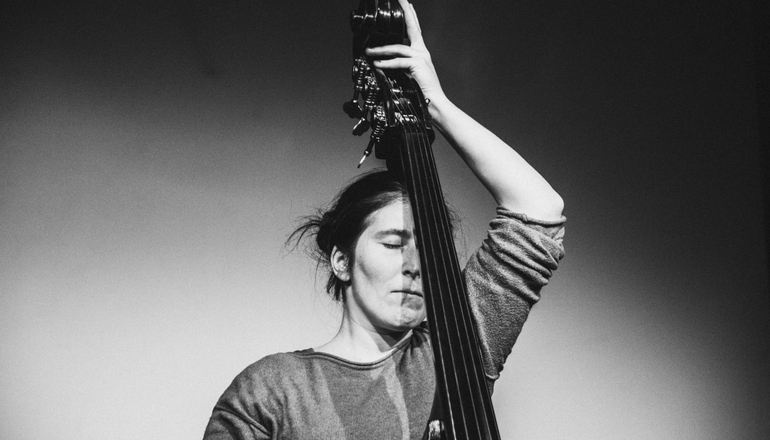Xenia Ermoshina will join Elevate Festival 2020 on Friday, 06.03., in two discussions about "Music - a universal language of Humankind" and "Quo Vadis Technology". On Saturday she will host a workshop about "Decolonizing Technologies".
Free entry at the Festival location Forum Stadtpark! -> Full programme info.
--
Elevate's festival theme 2020 is "Human Nature". What's your second thought about it?
"We are not defending the Nature, we are the Nature defending itself". This is one of my favorite slogans of todays struggles, because it shows that many nicely looking initiatives that say to "help" the environment are actually, deeply inside, just new forms of "green capitalism". We need to start thinking how to make things WITH the nature, and not FOR the nature. Superficial, cosmetic "eco-friendly" projects are not enough anymore. I hope that Elevate will pass this message through: we really urgently need a deep reconfiguration of our ways of Being with the nature, and this means both political and cultural struggle, and serious inner work on our own Human Nature.
And your first?
I was happy to find out that my favorite European festivals is engaging with the most urgent question, that of rethinking our relationship with the Nature. I wonder what does it mean for a festival organization as well, whether we can move towards different festival experiences, also regarding our habits and attitude to Nature and each others as part of the Nature. I expect from this year's Elevate to be even more mindful, deep, connected and wholesome! And I think this year the festival experience can change many of us, through new connections with all the wonderful Humans that will take part in both discourse and music programs!
Quo Vadis Humanity? In 2009 Elevate's main theme was the climate crisis. 10 years have passed. Whats your take on the next 10?
I think there will be a movement towards decentralization and re-localisation of life, with more and more people understanding that we do not really need MORE to feel better. I hope for the new forms of transnational tribes, based on affinities and common values, will grow and build living utopias, sustainable in terms of human-nature relations. I hope to see development of new economic models, and parallel communities that will reject false needs and desires fueled by capitalism. I hope that we will see deep changes in the modes of governance of our societies, with more and more trans or postnational ways of coordinating our lives beyond nation-states, beyond borders. But that's the optimistic scenario. I also have a small skeptic living inside of my head that tells me: next 10 years might also be the years of fast collapse, rise of climate refugee crisis, as well as return of right-wing ideas across the globe. Growing inequalities will push humans for desperate forms of struggle, including violent riots, however due to success of surveillance technologies and police techniques of crowd-control, these popular uprisings may turn into many sufferings. But I have hope that we, people who maintain and move forward European culture, may help the first scenario win over the second. Through spread of ideas, values and culture that prefers cooperation over domination, and mutual help over control. But we do not have much time! So I hope to use Elevate's discourse program as the arena for sharing my thoughts and hope that a few souls will be convinced to join the bright side!
The relationship of humans and technology - more reasons to be pessimistic or optimistic? Can you name some?
I am an optimist by "nature" and I also work in a free software project with great people, on a decentralized secure messaging app that is from the very beginning thought and designed to improve our relations with technology and help defend our freedom and privacy. So it's hard for me to be really pessimist. But if I go out of my nice bubble of privacy activists, I have to admit that there are many reasons to be pessimistic. I would name the main one: the patents and intellectual property on technological inventions. If I were a president of a country, or a transnational council, I would first of all advocate for stopping patenting and embracing the Commons. I think that open innovations are the key factor to reach equal access to technological and scientific achievements, and this includes not only gadgets, but also medical help, better housing and access to food, and so on. Another reason for pessimism is the datafication of human lives, and transformation of every aspect of our existence in a potential source of revenue for digital platforms. While AI-based technologies have the ability to predict catastrophes and diseases, these predictions are, in reality, not accessible to everyone, but just to the companies that own the algorithms. We, the "users", are reduced to being the primary matter, resources that feed these algorithms, and often we barely know how exactly they work. So here I would preach for the end of data-based economy and for total algorithm transparency (this comes back to my first point about patents). I can name many more reasons to be pessimistic, but for me they all are somehow connected to the question of intellectual property, and this is, in my opinion, one of the key factors that we need to change.
And our relationship with nature? Of course we are "part of it", but....where are we going?
This is a hard question, because the answer to it must be very contextual. It depends on the parts of the globe where we live. In some places like Western Europe, the environmentalist consciousness seems to be quite high, at least that's the impression we get. However, other economies, for example Russian or Chinese, often ignore the environmental question, and still use technologies that are banned in other places. In many places this relationship is hybrid, as we have indigenous populations coexist with globalized societies, and their attitudes to nature are often the opposite. So I would start by defining the "we" that we're talking about... In this way, I feel like I join the Solarpunks in many ways: I hope for a harmonious fusion between the most advanced achievements of technology in terms of renewable energy, farming, reusage of resources, communications and housing, and the knowledge and experiences developed by communities that have been living WITH the nature for ages.
"Psycho-spiritual crisis", "a psychotic society",... How bad is the status quo of humanity?
Indeed, after having lived in Canada and Western Europe, I was surprised how many of my friends experience mental breakdowns, seek for help, use medication or other less traditional ways to recenter themselves. In Russia this has not been a thing for many years, and only very recently I started to hear people coming out about their mental differences. As a woman of science, working in tech, I was quite skeptical about all this, and for some time I thought it was some kind of "fashion", "first-world problems", or "rich kids being bored with their lives". But then I myself had a very serious collapse, including derealization, deep anxiety, loss of basic values and coordinates or stimuli to move forward. I am still recovering from this, but this has changed my attitude to the "spiritual". I do think that there's a deep problem in our ontology and modes of existence imposed by the rhytms of life under capitalism. We're pushed to exist in urgency, to be constantly online, to be always busy, to be always successful, to always achieve new goals and conquer new tops. All life is presented to us as a series of mounts to climb on, and if you suddenly want to take a break and take a step outside, you see yourself far behind the "train of success", people forget about you if you're not showing signs of "social life". I think that we need to change the basic values, fundamental ontologies that lie in the basis of our lives (at least in the Global North): our attitude to time, the idea that "more is better", the obsession with quantity above quality, the jealousy to other people's lives, the very idea of "progress"... We might need a power wash, a complete reboot that will help us start from zero and make a room for spiritual in our quantified lives.
A message to the Elevate Festival community? What can we do?
When you come to Elevate 2020, try to remember the original goal of "festivals", their social and communal value as a temporary autonomous zone, where it was possible to change power relations, at least within a short moment of time. To experiment with other ways of being with each other and with the world. To learn from this temporary freedom and try to remember the lessons learned once the festival is over. And to bring these experiences back to the "normal life", to the "big world", spread the seeds of ideas we've learned at the festival, and use whatever resources you have to make them real! And please, be excellent to each other, and take care of yourselves and your significant others! And if you decide to alter your state of consciousness, be mindful and attentive! Use these experiences to grow, do not destroy yourself, the world needs you!
Elevate features many amazing artists in the music & arts programme. Can we meet you on the Dancefloor too?
Sure, I myself am also an artist and will certainly enjoy music and arts programme. My personal tradition is to spend most of my time in the Dungeon, as that's where most of the Noise and experimental stuff is happening. But this year I hope I'll decentralize my attention better and try to challenge myself with new genres and atmospheres! Looking forward!!
--
Xenia Ermoshina will join Elevate Festival 2020 on Friday, 06.03., in two discussions about "Music - a universal language of Humankind" and "Quo Vadis Technology". On Saturday she will host a workshop about "Decolonizing Technologies".
Free entry at the Festival location Forum Stadtpark! -> Full programme info.
